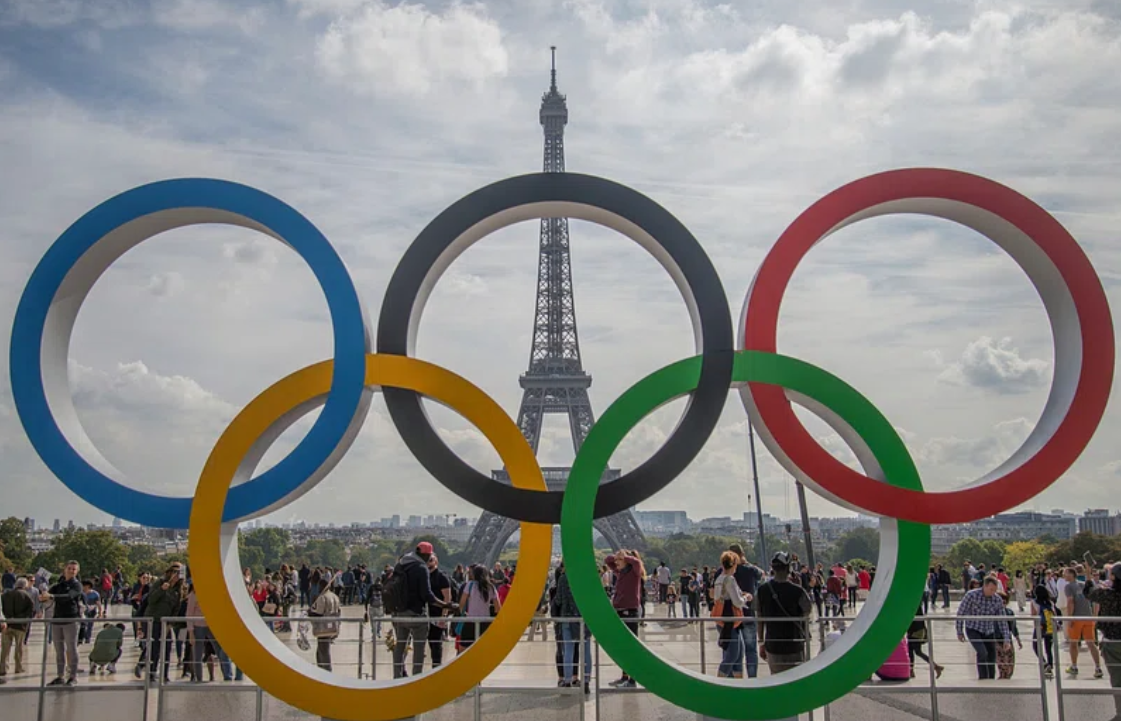The hijab is a headscarf worn by Muslim women, and a symbol of their faith.
In September 2023, Amélie Oudéa Castéra, the Minister of Sports and Olympic and Paralympic Games, announced that “representatives of our delegations, in our French teams, will not wear the headscarf”.
The ban does not apply to non-French participants.
On Saturday, Tina Rahimi — the first female Muslim boxer to represent Australia in the Olympics — criticised France’s rules on secularism and was saddened that French athletes were not given the same opportunities as her to represent their faith freely.
“I mean, as proud as I am to be here, I think in my heart I feel sad that I’m able to be here with my hijab and the other French athletes and people aren’t,” Rahimi told Reuters.
“I still feel for the French athletes and I just hope that it can be overturned for them and they can participate and every woman can feel free in how they want to dress.”
French sprinter Sounkamba Sylla, who is competing in France’s 400 metres relay team, said she has been barred from the Olympics Friday opening ceremony due to her hijab.
“You are selected for the Olympics, organised in your country, but you can’t participate in the opening ceremony because you wear a headscarf,” Sylla wrote on her private Instagram account.
After scrambling for a solution, the French Olympic Committee had finally accepted the option of swapping the hijab for a cap at the ceremony.
French Basketball player Diaba Konate was also banned from competing in the Paris Olympic Games.
“It’s very hypocritical for France to call itself the country of freedom, of human rights, but at the same time not allowing Muslims or their citizens to show who they are,” she said.
Amnesty International — a non-government organisation that advocates for human rights — published a report exposing the French authorities for their “discriminatory hypocrisy”, and the International Olympc Committee (IOC) for its refusal to put pressure to overturn the ban.
The report also says that the ban “makes a mockery that Paris 2024 is the first gender-equal Olympics”.
Hélène Bâ, a basketball player, told Amnesty International that the Olympics hijab ban “is a clear violation of the Olympic charter, values and provisions, and an infringement on our fundamental rights and freedoms…I think it’s going to be a shameful moment for France”.
“No policymaker should dictate what a woman can or cannot wear and no woman should be forced to choose between the sport she loves and her faith, cultural identity, or beliefs,” said Anna Błuś International’s Women’s Rights Researcher in Europe.
In France, the hijab ban extends far beyond the Olympics, and includes bans in schools and public institutions.






